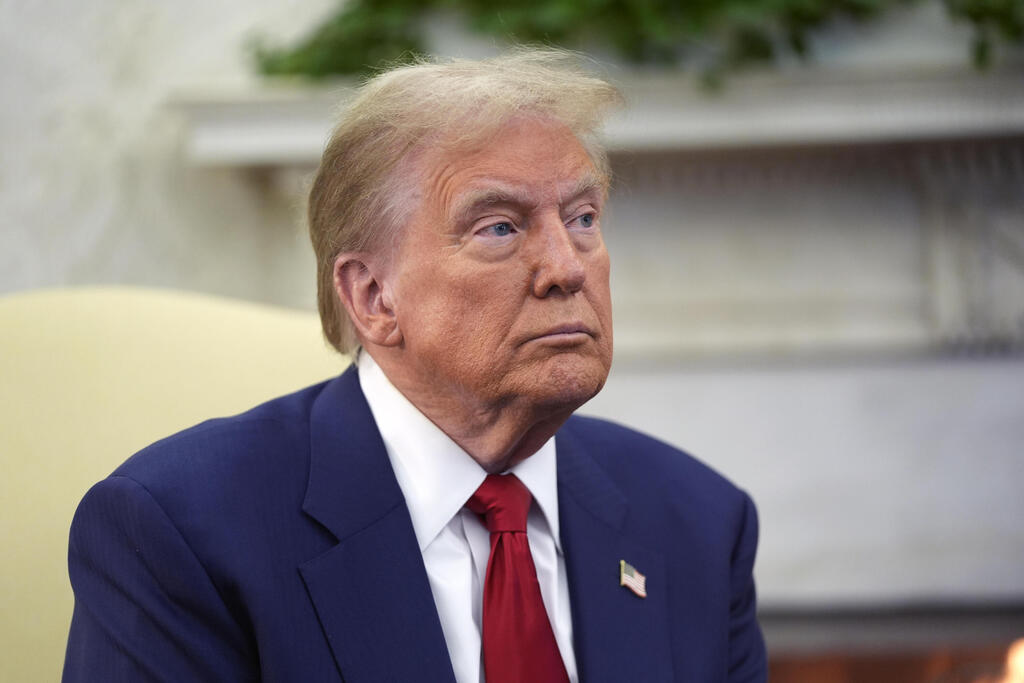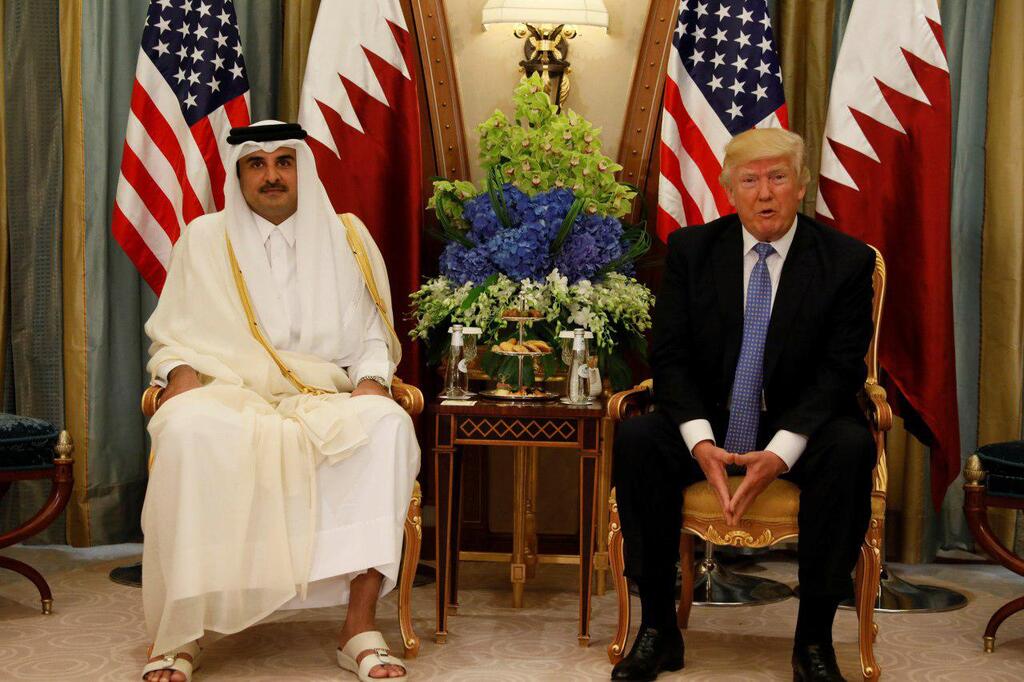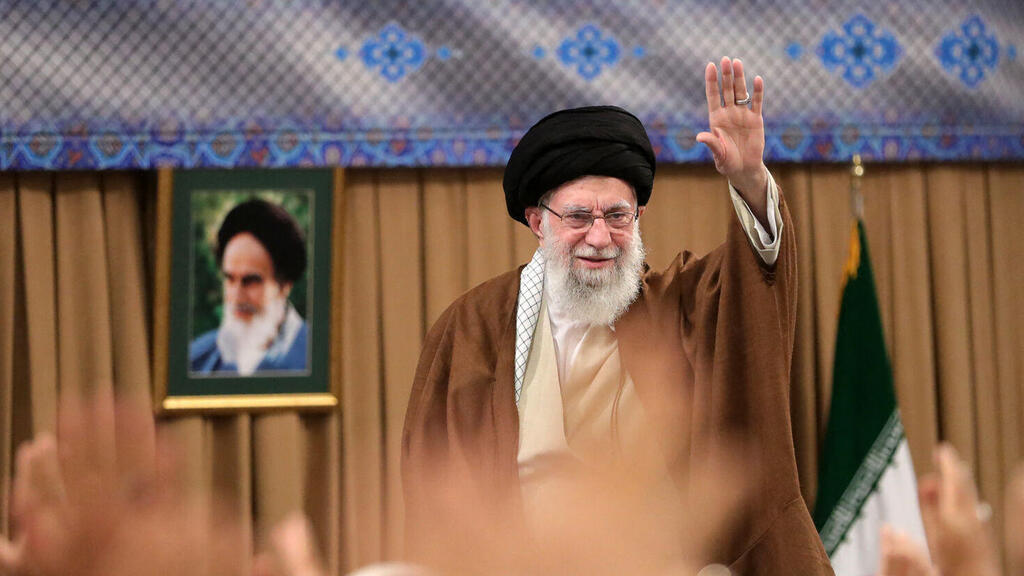Getting your Trinity Audio player ready...
U.S. President-elect Donald Trump issued a stark warning Monday, declaring that if the hostages held in Gaza are not freed by his inauguration, there will be "all hell to pay in the Middle East." The fiery statement is seen as a move to accelerate negotiations for a hostage deal behind closed doors.
The secretive talks involve the U.S., Israel, mediator Egypt, and possibly Turkey. Qatar, previously a leading player in such negotiations, has taken a backseat after sidelining senior Hamas officials, though it remains engaged in the process. Trump's statement reportedly draws indirectly on his ties with Doha.
Trump’s ultimatum likely stemmed not from his negotiation team but from a joint initiative by Israel and the Biden administration. Both the sitting U.S. president and his successor share a vested interest in resolving the hostage crisis: Biden hopes to secure an agreement before a Republican takes office, while Trump seeks to begin his presidency without being drawn into Middle East conflicts, particularly regarding Gaza.
Trump’s broader ideology aligns with disengaging from wars worldwide, allowing him to focus on reshaping the U.S. according to his vision and the expectations of his voters.
Trump issues threats to force concessions
In his statement Monday, Trump threatened to hit Hamas “harder than anybody has been hit in the long and storied history of the United States of America.” The question remains whether the threat is credible and whether the terrorist group will take it seriously.
While Trump lacks direct military options against Hamas—given Israel's ongoing actions—he holds three powerful levers to pressure the group into showing some flexibility on the hostage deal or to punish it if it resists after his inauguration.
The first lever targets Hamas' finances, focusing on its ability to fund activities after the fighting ends. This extends beyond Gaza to Lebanon and other global hubs where Hamas derives strength. Trump could influence financial flows by shutting down Islamic charities in the U.S. and North America and urging European allies to take similar steps. Additionally, Trump could pressure Qatar to cut off its generous funding and donations to the Islamist organization.
Get the Ynetnews app on your smartphone: Google Play: https://bit.ly/4eJ37pE | Apple App Store: https://bit.ly/3ZL7iNv
This is likely the “hit” Trump hinted at, but this message had undoubtedly resonated in Tehran. Supreme Leader Ayatollah Ali Khamenei and the mullahs have signaled concerns about potential sanctions under Trump, particularly related to their nuclear program and regional destabilization efforts.
Trump’s second lever, then, could involve fulfilling his election campaign threats against Iran, using Hamas as a justification for imposing these sanctions. Faced with this pressure, Iran may push Hamas to show flexibility in negotiations.
The third lever directly targets Gaza's population, of which Hamas is a part. Trump could threaten that the U.S. will not contribute to Gaza’s reconstruction unless Hamas compromises, blaming the terror group for the absence of a hostage deal.
Trump’s statement undoubtedly represents a positive development and could accelerate the process toward a hostage release agreement. While at first glance, Trump may seem to lack direct means to threaten Hamas, upon closer inspection, his influence on the group’s supporters and financiers suggests that his warning could have significant impact.






